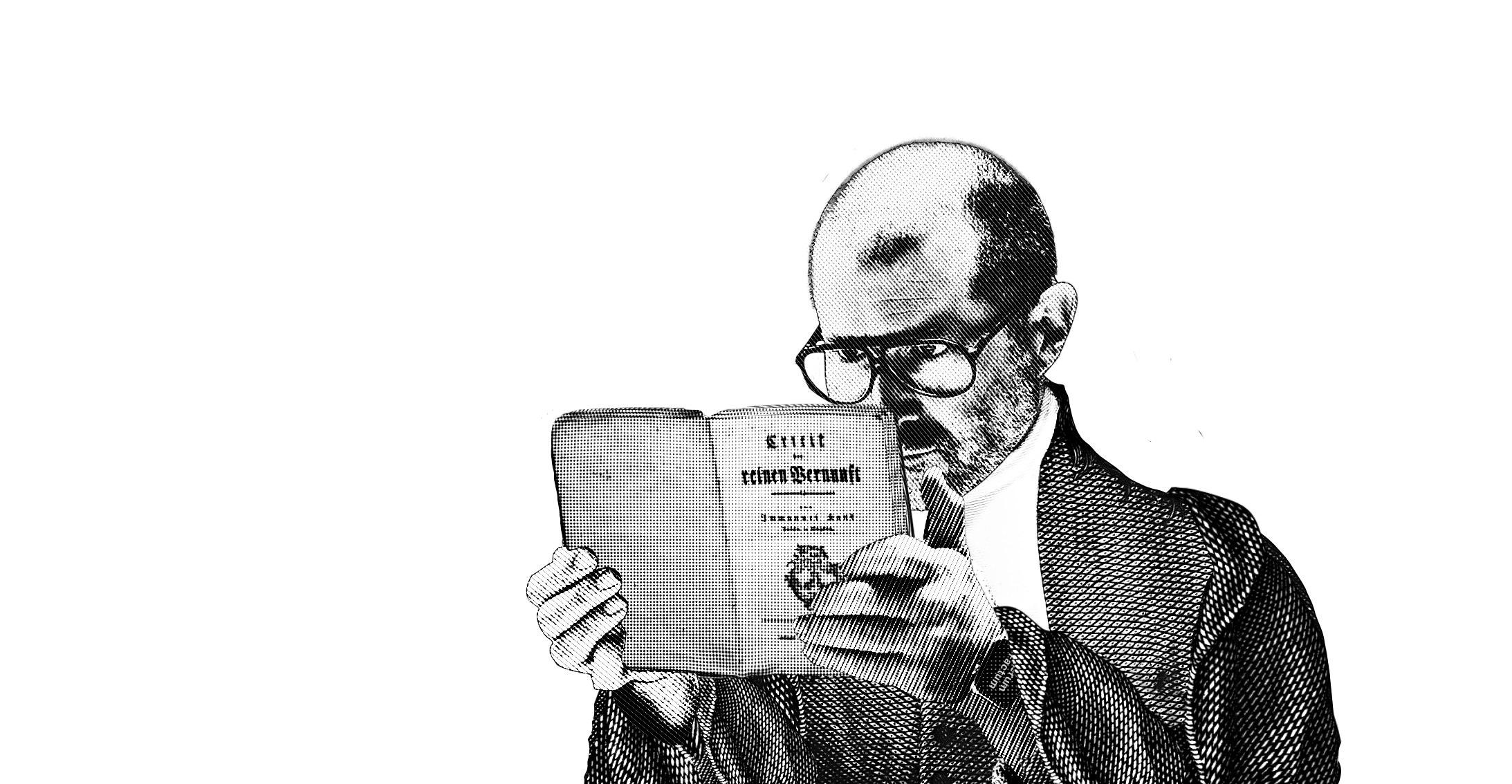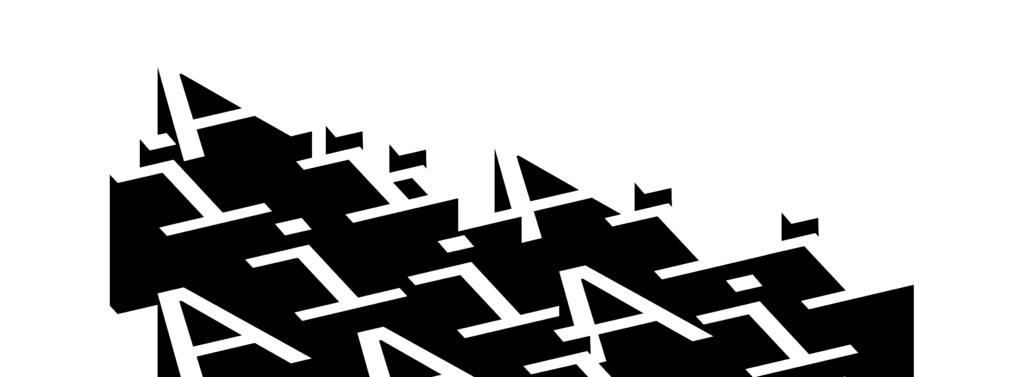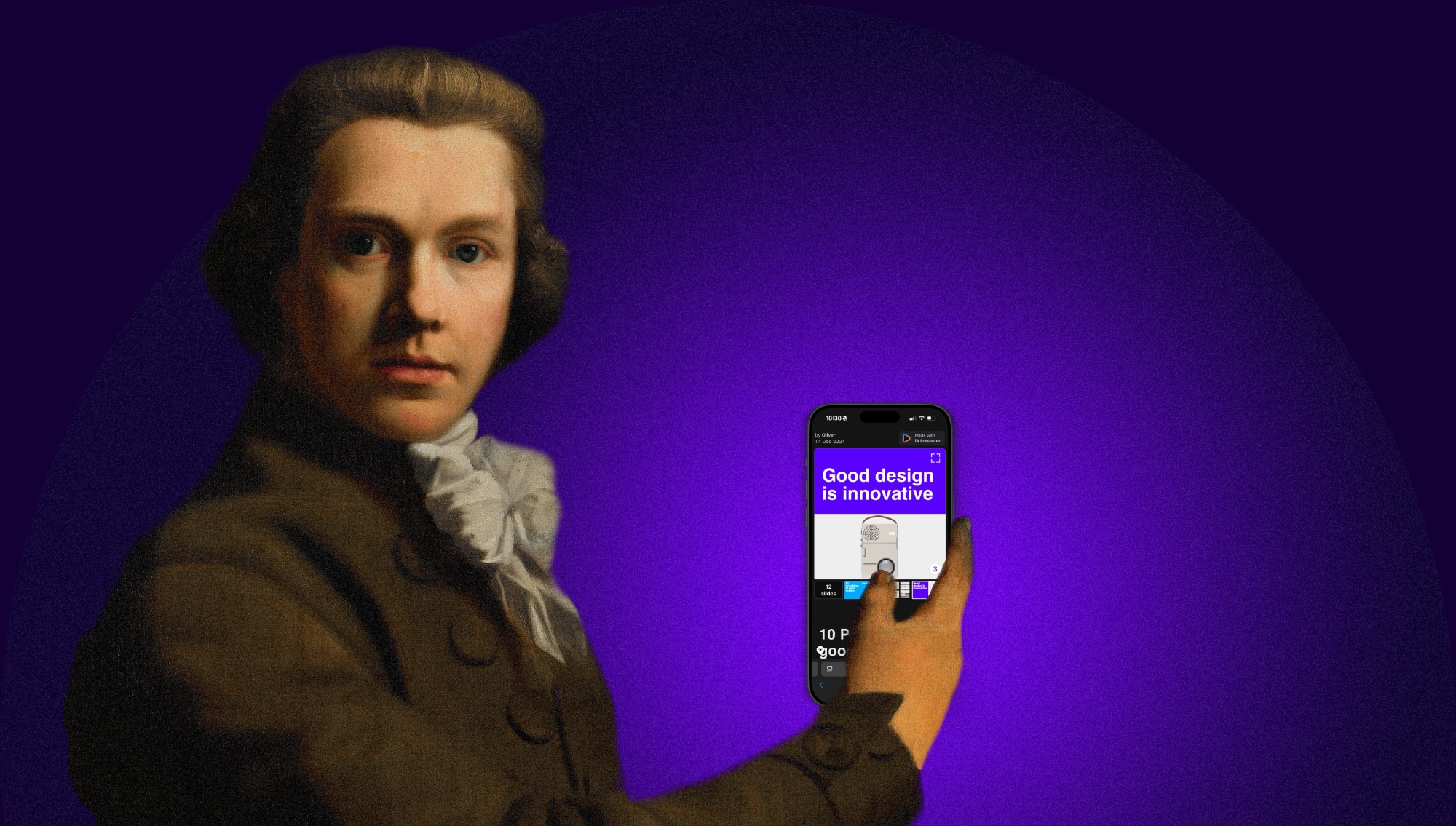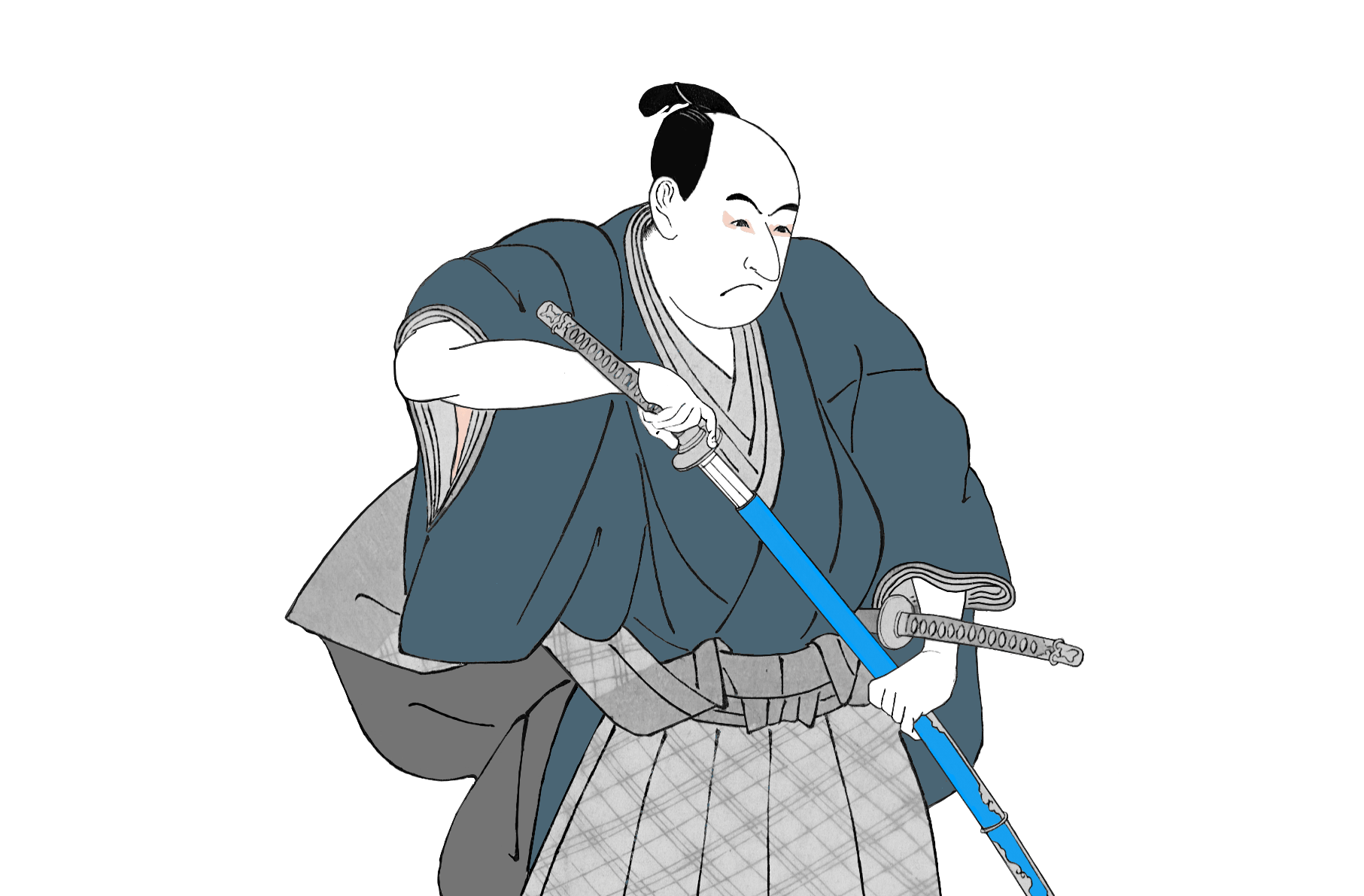Maker's Knowledge: Core belief, part of iA’s Metaphysics. The Italian Philosopher Giambattista Vico claimed that we only fully understand what we make. In Latin: Verum factum, which means: “Truth is in what we make.” or: We know best what we created ourselves. This mindset is referred to as Maker’s Knowledge. Turned around, it means that creating a true product (a factum verum) requires that as makers we fully commit to understanding what we do. This may seem to be given, but, unfortunately, embracing thoughtfulness comes at the cost of slower development. Creating thoughtful products clashes with every modern business method that tries to save time. Today, everyone wants to beat deadlines, speed up production, and grow fast. Maker’s Knowledge may lead to products that offer extraordinary value—but understanding takes time. Verum factum as a business method is careful, slow, and diligent. It creates products that offer our customers what no one else does: Durable products that encapsulate the time the makers invested and save time for those who use them. The more time we spend building the more time our customers save. Embracing Maker’s Knowledge as a business comes with an untimely bet: that there is a need for great products. The Verum Factum philosophy was shaped by Giambattista Vico in strict opposition to the spiritualist traditions of Plato and, even more so, Descartes. Being the aristocratic Greek he was, Plato looked down on people who had to make an earning using their hands. Disrespect for the working people, also known as banausos was a common blind spot in Greek high culture. Descartes famously declared that the only thing we can’t doubt is that we think. Vico turned Descartes on his head and declared that the only thing we know through and through are the things we make. His perspective seems ultra-modern, but it is part of a philosophical tradition connected to Aristotle and Socrates. As designers, Maker’s Knowledge is more accessible because we put thought into things until they become materialized thought (compared to Kitsch). Maker’s Knowledge explains why we experience good design as more real than relativity theory.







